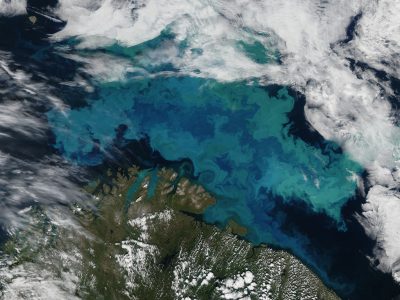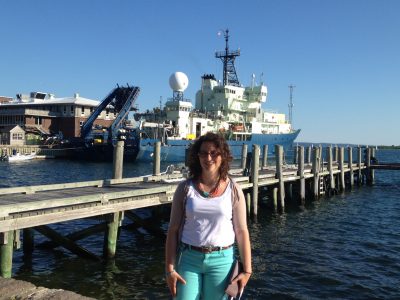From tiny phytoplankton to massive tuna: how climate change will affect energy flows in ocean ecosystems
Phytoplankton are the foundation of ocean life, providing the energy that supports nearly all marine species. Levels of phytoplankton in an ocean area may seem like a good predictor for the amount of fish that can be caught there, but a new study by Nereus Program researchers finds that this relationship is not so straightforward






